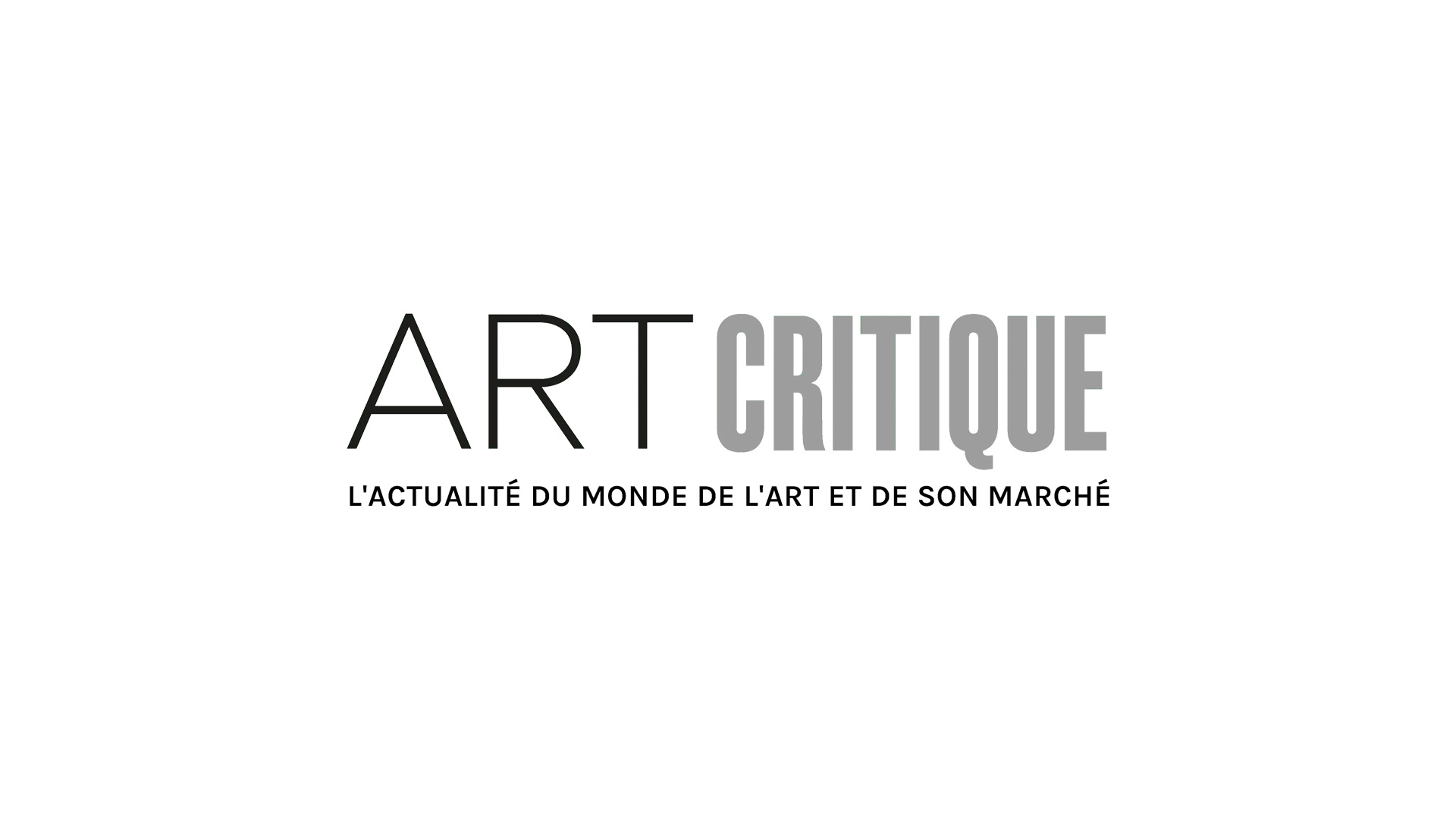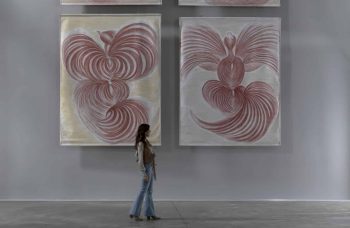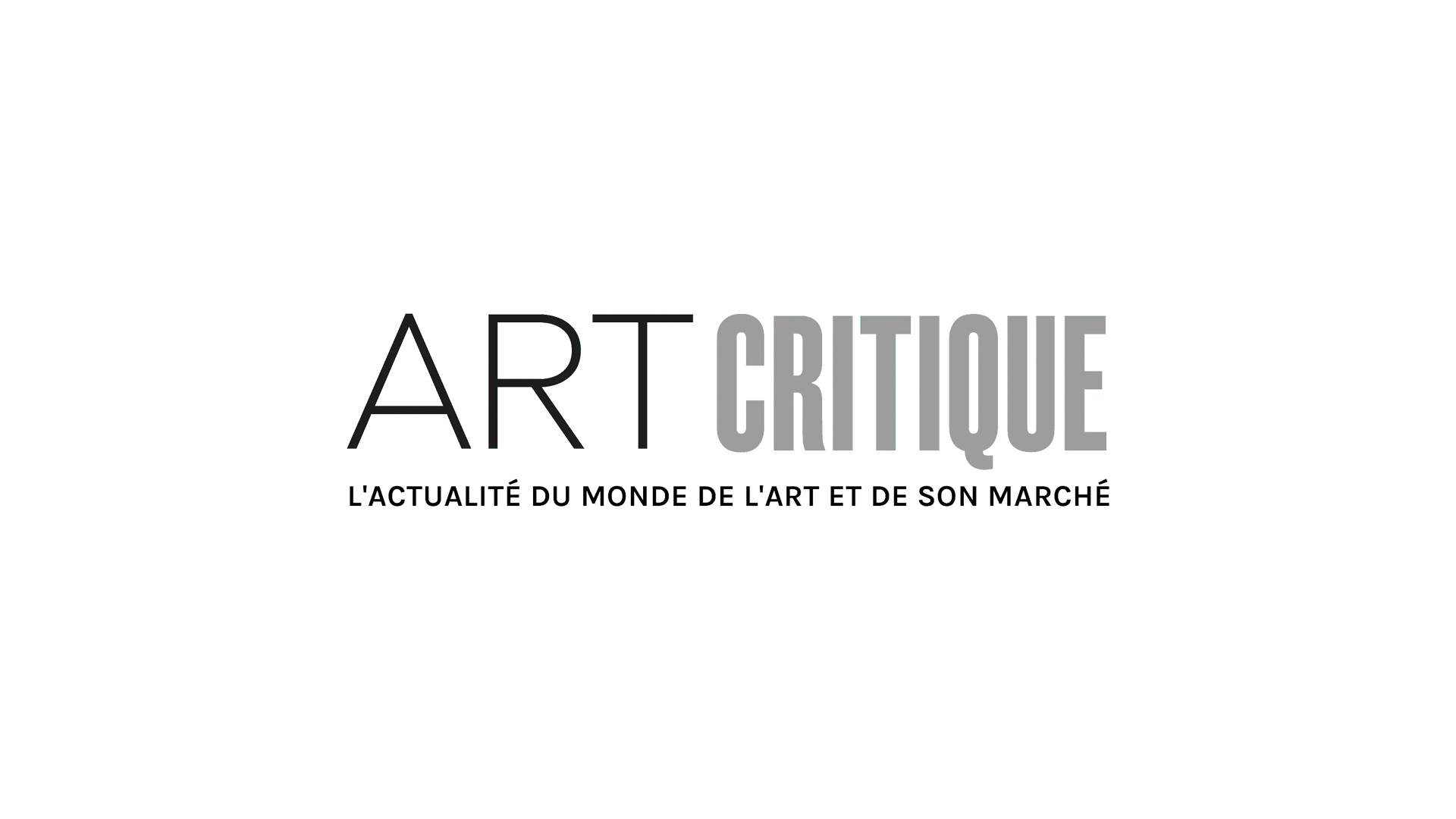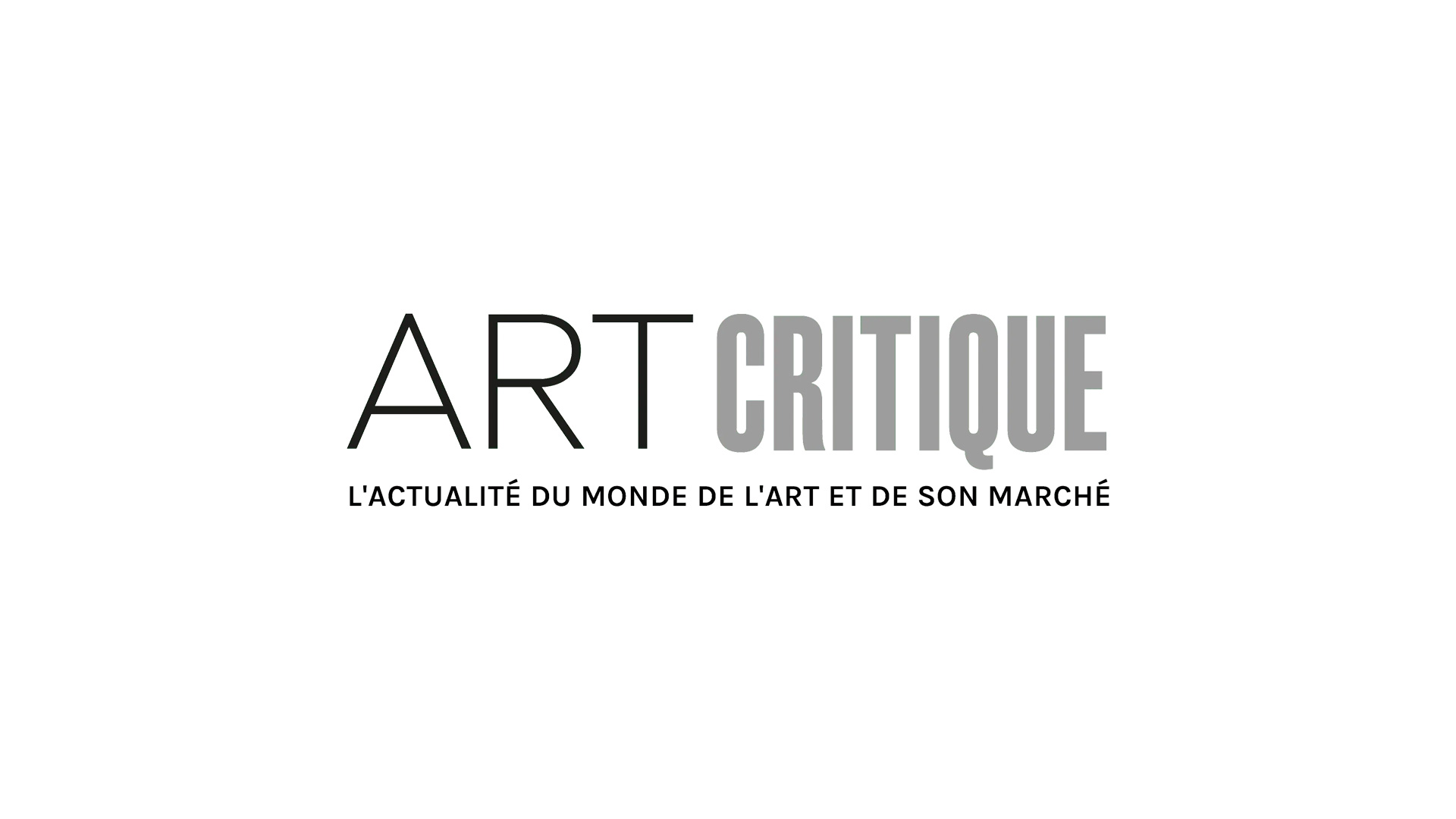This week’s Art World Roundup cover Simone Leigh being the next to rep the US at the Venice Biennale, the parole of Anna Sorokin (a.k.a. Anna Delvey), and a controversial Medusa meant to represent the #MeToo movement. Also, William Shakespeare shatters auction record, an Instagram inspired by Wes Anderson to become a book, Artemisia Gentileschi translated into television, the Rijksmuseum and Tropenmuseum pledge their support in repatriating items acquired during colonialism, and a five-day print sale offers affordable art to benefit Swing State organisations.
Simone Leigh to represent the US at the Venice Biennale
Although it’s difficult to see much past this year, preparations are already beginning for the 59th Venice Biennale now set for 2022. Most recently, it was announced that artist Simone Leigh will be representing the United States in its pavilion commissioned by the Institute of Contemporary Art (ICA) Boston. The pavilion will be led by ICA director Jill Medvedow and curated by ICA chief curator Eva Respini. In conjunction with her part in the Biennale, Leigh will also work with individuals attending Spelman College’s Atlanta University Center Art History + Curatorial Studies Collective. The collective, which works with Black students interested in curating and scholarly work, aims to diversify the art world, which is largely white, by providing support and development to Black art professionals. Art historian Nikki Greene and MIT List Center for Visual Arts director Paul C. Ha will oversee the partnership. Leigh has worked in a number of mediums but is best known for her large-scale sculptural works that often combine the female body and architecture as she works through the subjectivity of Black females. Leigh is the first Black woman artist to represent the US at the Biennale. Among a long list of accolades, in 2017, Leigh won the Studio Museum’s Joyce Alexander Wein Artist prize before winning the Hugo Boss Prize in 2018, and in 2019, Leigh was commissioned as the inaugural artist to be featured on New York’s High Line Plinth.

Fake heiress to be released on parole in 2021
Anna Sorokin, best known as Anna Delvey, who defrauded businesses out of more than $200,000 and attempted to secure a $22 million loan to establish an elite art club in Manhattan will be paroled early next year. In May 2019, Sorokin was convicted of an extensive scam and sentenced to four to 12 years in prison but on October 6th, was granted “merit time release.” Her impending release, now set for February 15, 2021, was based on good behaviour and is reserved for inmates convicted of non-violent crimes. “Anna has paid her debt to society handsomely, and I hope society repays the favor,” said Sorokin’s lawyer Todd Spodek according to the New York Post. The parole will shave a sixth of her sentencing off but she will most likely be deported to Germany for overstaying her visa.
Medusa sculpture faces backlash
A seven-foot-tall reimagining of Medusa set to be installed outside the New York County Criminal Court has drawn criticism. The imposing figure was created by Argentine-Italian artist Luciano Garbati, originally in 2008, as a reinterpretation of Benvenuto Cellini’s 16th century sculpture of Perseus with the Head of Medusa. Instead, Garbati’s sculpture, entitled Medusa With the Head of Perseus, depicts a female nude as Medusa carrying a sword in one hand and the head of Perseus in the other hand. The sculpture’s intended location will have her facing the court house, and not by accident as pointed out by the artist, where Harvey Weinstein stood trial. When Weinstein was convicted, many saw it as a victory for the #MeToo movement, but others aren’t sold. The statue has drawn criticism for a number of reasons including the statue’s lack of pubic hair, idealised physical features, and its prospective location. Feminist activist and writer Wagatwe Wanjuki summed up frustrations most concisely Tweeting: “#Metoo was started by a Black woman, but a sculpture of a European character by a dude is the commentary that gets centered? Sigh.” Garbati defended his work in an interview with Artnet News stating: “Something in the sculpture has been captivating women’s attention, which means that I have been able to capture in it some aspect of the feminine pathos. […] I believe in the necessity of gender equality and I am honored to be part of the discussion.” The exclusion of pubic hair, continued the artist, was to forego “artificial ornamentation” and to keep to “the tradition of classical sculpture. It is the same when it comes to male representations.”

Shakespeare’s sets auction record for work of literature
A copy of English writer William Shakespeare’s Comedies, Histories, & Tragedies sold at auction Wednesday night for just shy of $10 million (£7.7 million), setting a new auction record for a work of literature. Known as the “First Folio,” only six are known to still exist. A complete compilation of work had not surfaced since 2001, when it was sold for $6.16 million by Mills College in California. The book contains 36 of Shakespeare’s plays, a number of which might have been lost had they not been included in the printing. The book sold this week is a complete first edition printed in 1623, after Shakespeare’s death, was edited and compiled by John Heminge and Henry Condell. The book was purchased by Stephan Loewentheil, a rare books collector and president of Brooklyn’s 19th Century Rare Book and Photograph Shop. In a statement, Loewentheil said: “William Shakespeare is incomparably the greatest writer in the English language and one of most important international cultural influencers in all history. […] The first Folio is the most important collection of plays ever published and revered throughout the world. It is an honor to purchase one of only a handful of complete copies of this epochal volume.”
Satisfying symmetry
Known for his symmetric scenes shot in pastel hues, director Wes Anderson was the inspiration behind an Instagram account called Accidentally Wes Anderson (@AccidentallyWesAnderson). The account was started by Wally and Amanda Koval in 2017 and has attracted more than one million followers. The account features photos of picturesque but lesser-known landmarks that pay homage to Anderson’s iconic style. Alongside the photos, the Kovals give details, historical facts, and background on the places they feature. Now, the Instagram account is being translated into a new book by the same name. Accidentally Wes Anderson brings together more than 200 locations with a forward by Anderson, himself. The Kovals sifted through around 15,000 submissions to find the best places for the book that hadn’t yet been featured on the Instagram account. Accidentally Wes Anderson, the book, will be released later this month and is now available for pre-order.
Gentileschi on the tube
Artemisia Gentileschi did what very few women were able to do in the 17th century: she became an artist in her own right. Gentileschi was also raped at the age of 17 and became the focus of a grueling trial, during which she endured hours of torture, that saw her rapist convicted, albeit for property damages. Her extraordinary life has made her into a somewhat of a feminist icon and soon, her story will be the centre of a television show. Based on Mary Garrard’s 1989 biography, Artemisia Gentileschi: The Image of the Female Hero in Italian Baroque Art, the series will be created by Viacom CBS International Studios with Frida Torresblanco and Jill Offman as executive producers. “I couldn’t be more passionate about giving Artemisia a voice and bringing her timely story to the screen. Now more than ever the inspiration that her life and her art provides is needed,” Torresblanco said in a statement. “This will be a contemporary feminist piece that is at once provocative and transgressive, invoking the spirit of our present moment in an eloquent and elegant way.” Gentileschi is also the subject of a major exhibition now on view at London’s National Gallery through January 2021.

Dutch museums in support of repatriation
The Rijksmuseum and Tropenmuseum in Amsterdam have both voiced their support for the repatriation of artworks and artefacts acquired during colonial periods. In a report released by the Guardian, the two museums are in favour of a proposed legal apparatus that would be tasked with managing the return of around 100,000 items. “We think it is good advice to set up an independent committee and a centre of expertise to deal with any claims from states. We expect this to contribute to a constructive dialogue with countries of origin. In addition, it is important that the museums work together internationally to increase knowledge about this area,” director of the Rijksmuseum, Taco Dibbits, told the Guardian. “For the Rijksmuseum, this means that we will also continue to research the provenance of our collections from the former colonies and intensify international cooperation.” Head of history at the Dutch institution Valika Smeulders echoed Dibbit’s sentiments stating: “The museum is really bringing in new knowledge, new voices, new expertise, new ways of dealing with the past and looking at these objects…. We’re trying to bring down the walls of the museum.” The support from the Rijksmuseum and the Tropenmuseum comes as France is under renewed pressure to repatriate items to Africa and simultaneously in the process of repatriating a number of sub-Saharan African artefacts.

Could art take the Swing State?
Prints by major artists like Dawoud Bey, Nan Goldin, Sally Mann, Catherine Opie, Ed Ruscha, Cindy Sherman, Stephen Shore, and Alec Soth are going for $150 (£116) a pop at the moment. Yes, really. States of Change, a five-day print sale, has teamed up with more than 150 artists offering unsigned editions of the prints with proceeds benefitting 42 community-based organisations in five of the major swing states in the US’s 2020 presidential election. The sale, which is live through October 18th, was the brainchild of photographers Jim Goldberg and Gregory Halpern in partnership with Movement Voter Project, a nonprofit. “We’ve all felt a growing concern about the state of democracy in this country for some time now. At a certain point in the leadup to this election that feeling reached a boiling point, and we felt that we had to make ourselves useful with the resources we have,” said States of Change organisers. Below, you’ll find a selection of the prints available through Sunday, but check out all of the artworks here.












